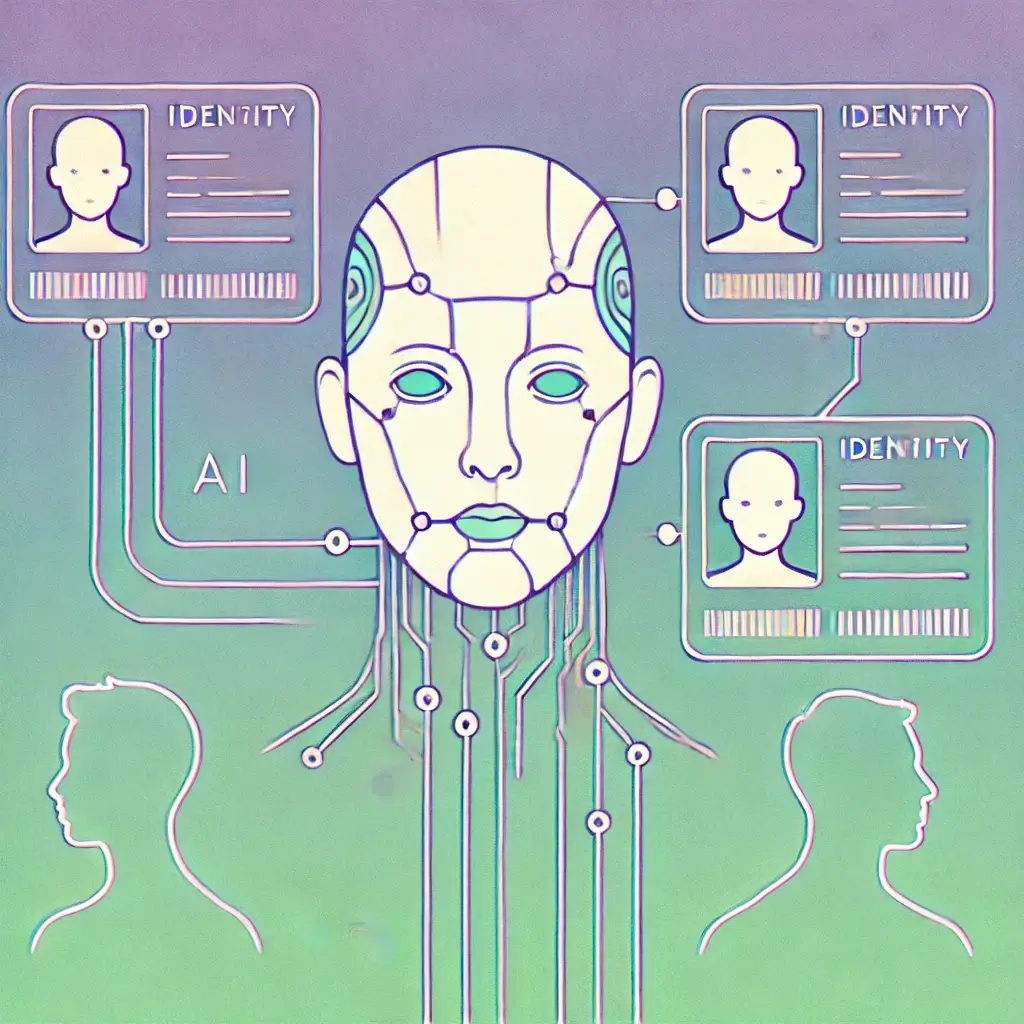Identity theft has long been a serious problem, but with AI now in the equation, it has become much worse. Generative AI in particular is lending a hand to scammers with its ability to fake voices and likenesses. Maybe the most disturbing aspect of identity theft is the use of deepfakes to create believable images or videos of people.
I was a victim of identity theft. Not as the person whose identity was stolen, as the person being lied to with the fake identity. Although I didn’t fall for the scam, I can never forget the incident.
I was chatting with a Ukrainian on Interpals who claimed to be affected by the war. We chatted for a while before he decided to video call. During the call, we talked to each other, and nothing seemed off. After a while, he started asking for money, citing the war in Ukraine as an excuse.
That’s when I knew something was very wrong—why would a white guy ask me, an African, for money? I refused, and he started insulting me before revealing that he was, in fact, Nigerian.
He sent me photos and even showed me a screenshot of all the white women he was trying to scam using the identity of a white man. He told me the video call was done using artificial intelligence software.
This was last year when artificial intelligence tools were still relatively new to most netizens, so I was shocked. When I googled it, I found out it was a long process to make it as believable as that video call.
But today, if you google the same thing, you’ll find that AI has made the process much easier and can produce convincing results.
How AI Can Be Used for Identity Theft
AI can be used in several ingenious ways to scam unsuspecting and uninformed people. I already mentioned images, video, and audio, but AI gives crooks more tools for stealing your identity than that.
Increasingly AI is used to write the actual emails and texts that make up the scams or phishing. AI can analyze a target’s public correspondence and pick up how they write or sift personal details that might not be obvious to an untrained human analyst.
The details are then be used to either emotionally manipulate the target, or to impersonate them in emails preying on their friends, co-workers and other contacts.
Social media is a goldmine for this sort of analysis. The crumbs of information we leave on social media could be a meal for an AI trying to tie data points together.
AI is also used for access to your information in the first place, with LLMs ou there capable of generating malicious code or using tactics like credential stuffing at scale.
Cases of Identity Theft with AI
Crimes of identity theft with AI are on the rise, and some have involved large amounts of money.
In March 2019, scammers used voice-cloning AI software to defraud a company. The fraudsters called the company’s finance director, instructing him to urgently transfer €220,000 to a Hungarian supplier’s account.
Believing he was following direct orders from his boss, the finance director made the transfer. After the funds were transferred to a Hungarian bank account, they were quickly dispersed to other locations, making recovery nearly impossible. The company only realized they had been defrauded when the CEO denied making any such request.
In another wild case, a worker at a multi-national financial firm transferred $25 million to criminals who used advanced AI to impersonate the company’s chief financial officer on a video call.
Not only the CFO, but several other members of the staff. It was a multi-person call with people he knew, and they were all faked with AI!
Online Identity Theft is No Joke
In “The Amazing World of Gumball” Season Five, Episode 12, Anais asks, “Isn’t identity theft the sincerest form of flattery?”
Victims of identity theft, depending on the degree of the crime, might give you a dirty look if you tell this to them.
Identity theft can have severe financial and emotional effects on victims. Unauthorized charges on credit cards, drained bank accounts, and fraudulent loans or credit accounts opened in the victim’s name.
Damaged credit scores, making it difficult to obtain loans, mortgages, or even secure employment. Victims could be on the hook with tax authorities or need to prove they didn’t commit other crimes done using their identity.
Emotionally, identity theft can cause significant stress, anxiety, and a sense of violation. The long process of reclaiming their identity and dealing with the fallout of fraudulent activities can be exhausting.





